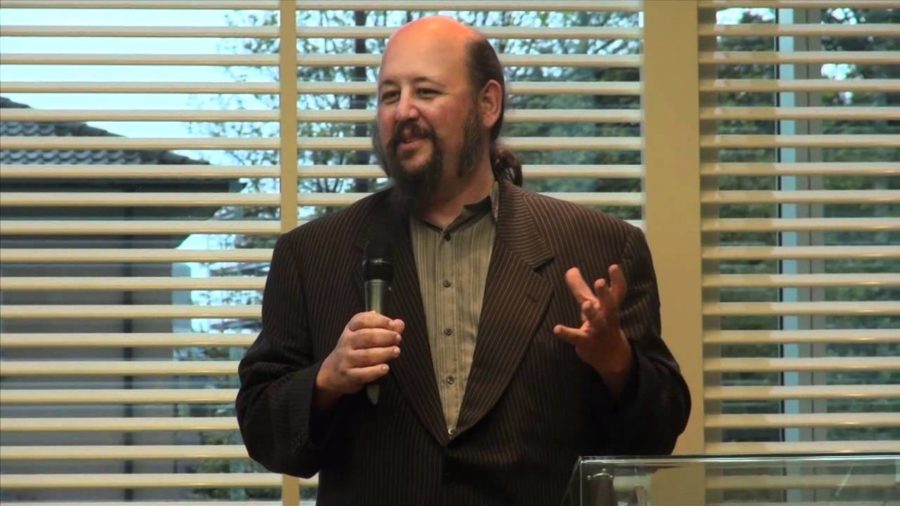This is incredibly humbling, to be in this context here among so many of the people that not only are so instrumental to the construction of a system that, you know— I’m of a generation that now me and my peers are building Internet applications in Silicon Valley in the sort of frothy Internet economy that exists there now. And it’s just amazing to imagine that this group here is sort of upstream in history from all of that. Including my cousin Jon, who for a long time I think we really thought of him as sort of the Gandalf in the family. We had really very little idea what he actually did, but he was radiating kind of a quiet, willful integrity which I think really was the foundation of much of what happened in his kind of shepherding of many of these processes.
And I feel like there might be at least one anecdote to share, which is that well, he was…always really very kind of casual in his approach to how he sort of explained what was happening to the family. And he would always give me these dot-matrix printed gift certificates to come and play Colossal Cave. When I was a kid, I would go down to ISI, log into the computer and play adventure games. And one year, he asked me if it felt any different to be playing the game, and I said no. And he said, “Well you know, you’re sitting here in Marina del Rey with me, but you’re playing the game at Stanford.” And so that was to me sort of a moment where I began to understand what this was all about. You know, from a kid’s perspective.
But then a second anecdote was sitting around I think a table at Christmas time, when Jon had to leave the room to take a phone call, and he came back and said that it was the telecommunications minister of the Ukraine who was calling to say that he would like a top-level domain because the Soviet Union was dissolving. And you know, this is just kind of out of the blue for people that don’t really understand what Jon is doing down at ISI all the time, to realize that he’s in communication with these people that sort of— You know, it’s what the Internet, was becoming was this heartbeat of international communications that really was beginning to help structure these types of transformations like the Soviet Union’s dissolution. So there was a real powerful sense that that was sort of underlying all that he was working on, was a real awareness of what the effects of these tools were on people.
I think that was another real important—why he would be so interested in the RFCs, and why he’d be so interested in making sure that people understood what it was about. The idea of consensus and community-building, which is now— You know, I was part of the design team on Flickr. And Flickr is a community-based service for photos, but really what we had discovered, the whole idea of “Web 2.0” is that it’s the social fabric that underlies the tools that really make the tools viable. And I think that Jon really was the shepherd of the community.
You know, we talk about “community-building” online as a set of users now, but the community that Jon built was the actual community that created the Internet in the first place, which is a very powerful— I mean, the idea that one could sort of be able to negotiate the roiling sort of waters of the politics and the technologies and things like that to cook down all of these initiatives into things that people could all kind of consume and understand and share with each other, is a profound thing. So it was not until later in life that I sort of began to understand what Jon really represented, and it’s just such an amazing honor to have him in my family. And it’s an amazing honor to represent him here with all of you. Thank you very much.
